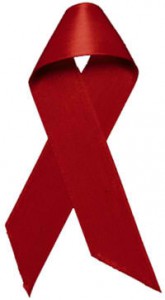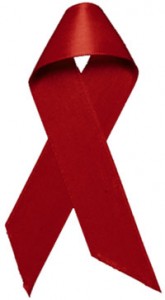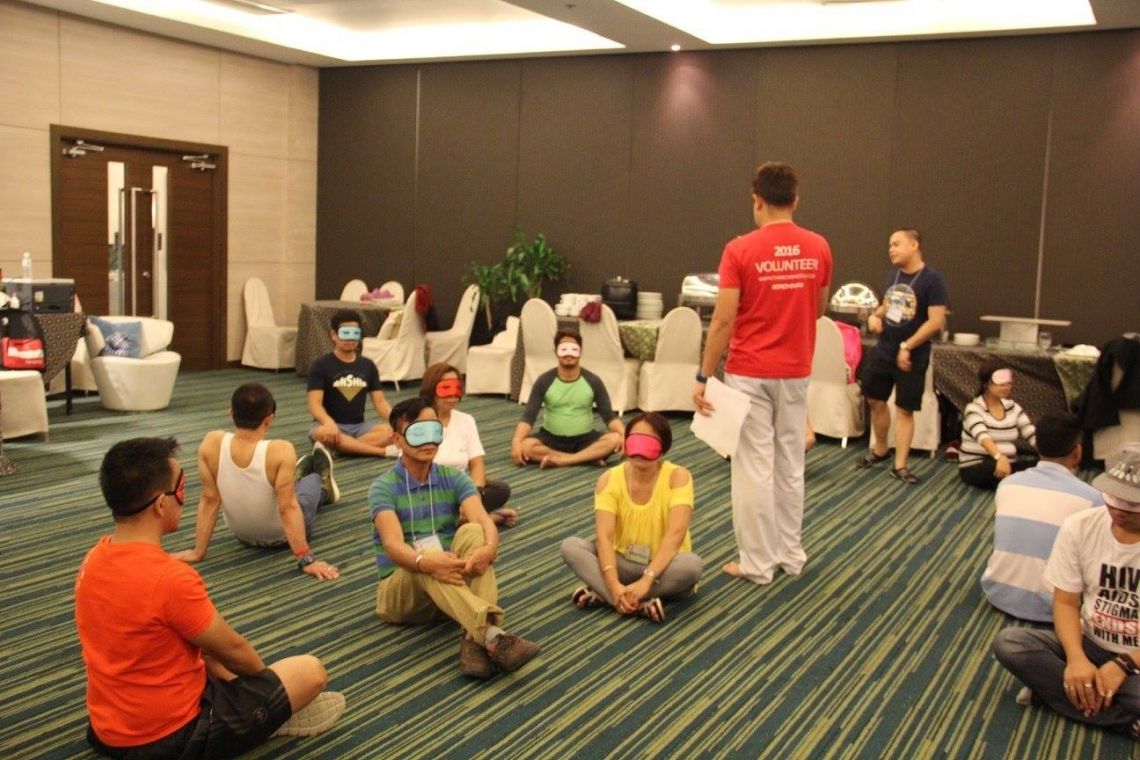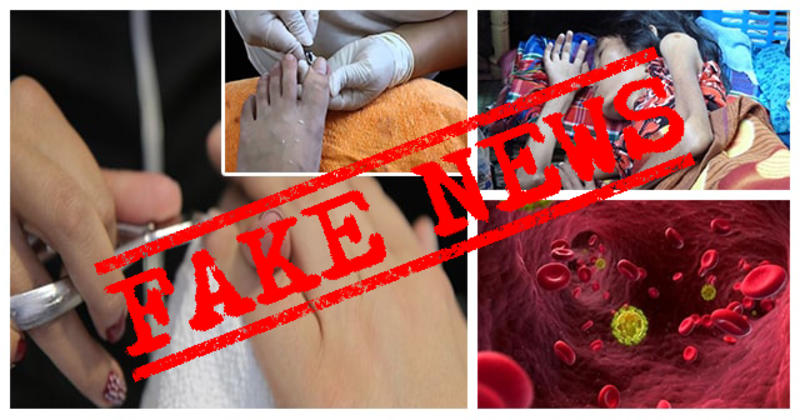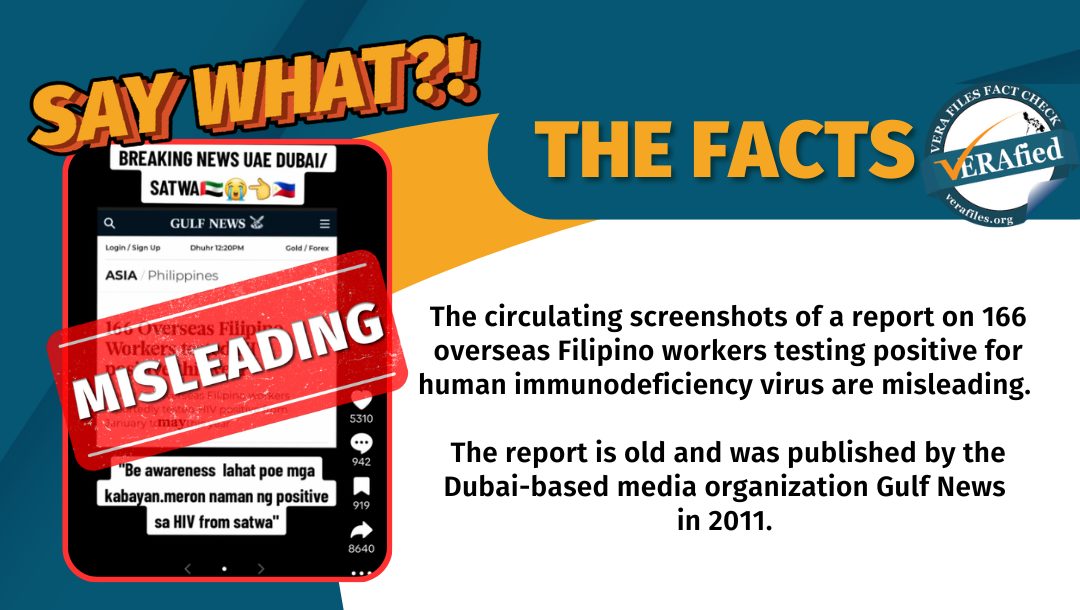NEW cases of the human immunodeficiency virus (HIV) in the country reached an all-time high of 204 in July this year, the highest number of new cases recorded by the Department of Health in a month to date.
The virus is now infecting seven Filipinos every 24 hours, up from last year’s average of five new HIV patients daily.
Latest data showed that a total of 1,220 cases were registered in the first seven months of this year alone, bringing to 7,235 the total number of HIV cases since 1984 when the first such case was recorded in the Philippines.
According to the DOH, 90 percent of the positive cases were males, 20 to 29 years old. It added that 107 of the 204 HIV cases recorded in July were from the National Capital Region.
It added that the most common means of transmission of the virus was sexual, mostly from MSM (or men who have sex with men). Others were from female sex workers and injecting drug users.
The World Health Organization noted that the Philippines is one of seven countries in the world where there has been a continuous rise of HIV-AIDS cases in the last eight years amid a global slowdown. The other six countries are Armenia, Bangladesh, Georgia, Kazakhstan, Kyrgyzstan and Tajikistan.
If this trend continues, the Philippine government may need P1 billion every year to produce Antiretroviral Medicines (ARVs) to help slow down the spread of the HIV virus and aid people living with HIV and/or AIDS (PLWHAs).
The Philippine National AIDS Council (PNAC) already warned that the number of HIV cases in the country could balloon to 46,000 by 2015 if no concrete programs to educate the people about the disease and a system to control the spread of the virus were put in place.
Five members of Congress have filed House Bill 5312, or the proposed Comprehensive AIDS Prevention, Treatment, Care and Support Policy and Plan Act of 2011, to energize the multi-sectoral PNAC and jumpstart a new National HIV and AIDS Plan with definite strategies, operating guidelines and targets supported by a P400 million budget.
Authors of the bill included Arlene Bag-ao (Akbayan party-list), Jorge Banal (Quezon City), Ma. Isabelle Climaco (Zamboanga City), Janette Garin (Iloilo) and Arnel Ty (LPG Marketers’ Association party-list)
Ty said HB 5312 enjoins particular agencies to conduct programs that will help decrease the growing number of HIV cases in the country and to improve the conditions of PLWHAs.
PLWHAs are protected by Republic Act 8504, or the Philippine AIDS Prevention and Control Act of 1998. All government agencies, medical institutions and individuals are mandated to keep all information regarding PLWHAs confidential.
A person or institution found violating this law face penalties that include imprisonment from two months to four years, and revocation of their license and permits.
When a person is HIV-positive it does not mean he has AIDS (Acquired Immune Deficiency Syndrome).
HIV is a condition in the human body in which there is a progressive deterioration of the immune system (body defense) or the ability to fight off disease.
AIDS is a disease of the human immune system when it is greatly weakened by HIV. This makes the infected individual vulnerable to other life threatening infections.
There is still no permanent cure for HIV and AIDS, but there are ARVs that may help slow down the growth and spread of the HIV virus.
Several medical institutions offer medical assistance to PLWHAs, like counselling, regular monitoring of their vital status, and providing them medical attention.
